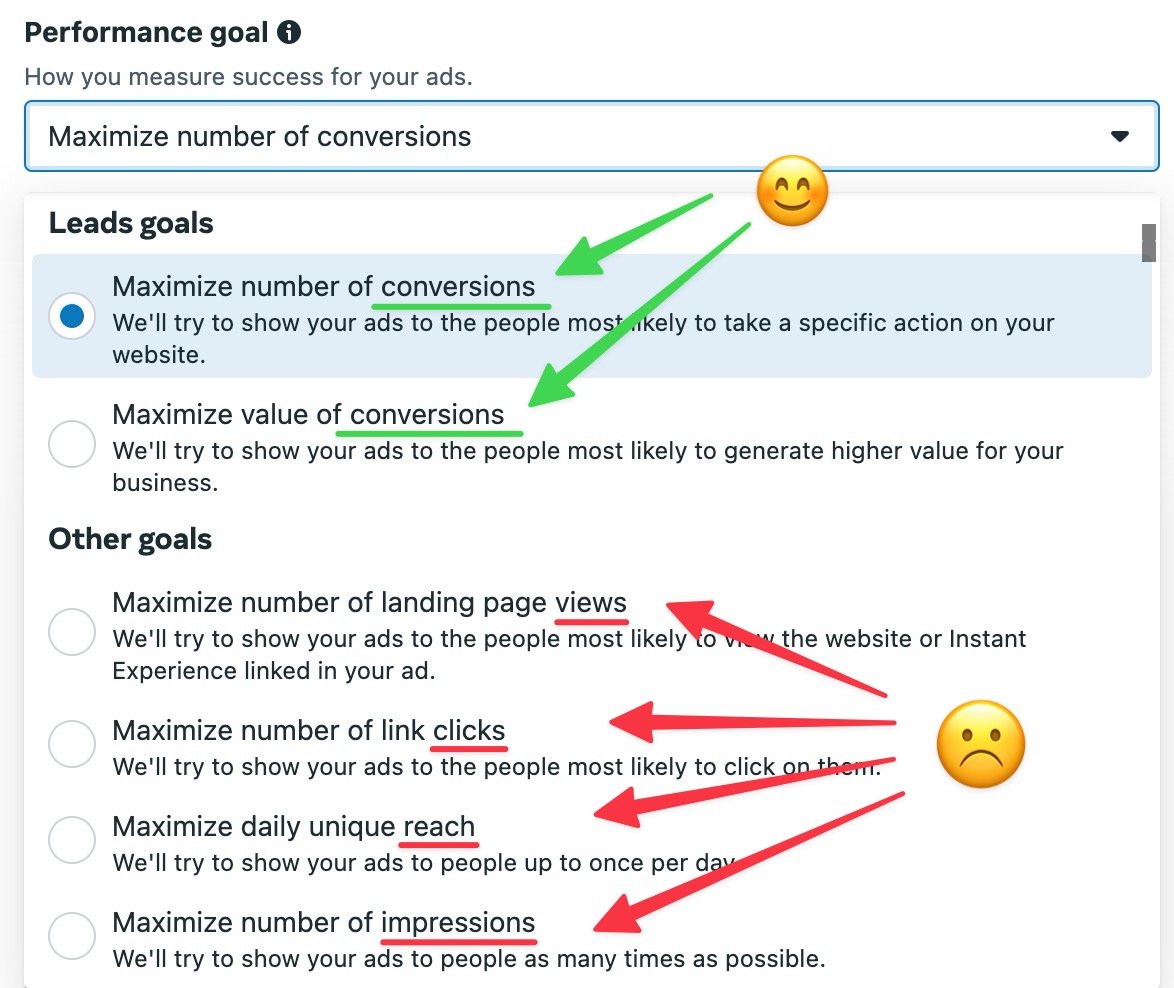Why Conversion Tracking Makes Meta’s and Google’s AI Work for You (Instead of Against You)
Google and Meta AI algorithms in advertising are made by the smartest people with practically unlimited budgets.
These algorithms are designed to print money. They can work for you — or against you. Let me explain.
Not Just Talk—Real Results
First things first.
With ChatGPT, anyone can write a blog post like this one.
“Buy this tracking thing from me — it’ll be great I promise!”
But not everyone can build a tracking system that makes your conversions explode 📈 while leaving your competitors wondering why their ads keep getting more expensive.
Sidenote – The AI Future
No one knows what the future of AI will be. Not even the people developing it. Will we still Google things in 2030? No one knows. Will SEO turn into AIO? Will ChatGPT start showing ads? Probably not but Perplexity already does.
In 2025 You must have dashboards that show AI traffic like I have 👇
See how the AI traffic has kept growing over the last 12 months?
Read my blog post on the future of Google Ads, digital marketing and AI here.
Side note over — continuing with our main topic of getting AI on your side with conversion tracking 👇
How AI Optimizes Ads for Profit (But Not Necessarily Yours)
Google and Meta’s advertising AI algorithms are designed to maximize performance for their platforms, not necessarily for advertisers. The AI prioritizes user engagement, revenue, and long-term platform growth.
If you don’t provide clear signals through conversion tracking, these AIs will optimize based on bad data, often in ways that actively work against you—burning your budget.
Making Google and Meta rich— instead of making you rich.
Even worse, they’ll make money for your competitors—not you.
Results depend on who has the best conversion tracking, digital marketing is an auction where the most accurate data wins.
How Conversion Tracking Makes AI Work for You Instead of Against You
1. Align AI to Your Business Goals
Without conversion tracking, the AI can only optimize for engagement (e.g., clicks, views, likes — often called "vanity metrics" because they may look good but don’t generate profit) rather than real business outcomes.
If you track conversions (purchases, appointments, leads), the AI optimizes for revenue-generating actions instead of traffic.
2. Tell AI to Find The People Who’ll Buy
AI systems analyze patterns in user behaviour.
With conversion data you feed AI systems info on who converts, allowing it to find similar high-value users instead of wasting your money on low-quality traffic.
For example, 1,000 people may search “psychotherapy near me,” but conversion tracking teaches Google’s AI that:
✅ A 35-year-old professional using an iPhone 16 pro at 8 PM, who has previously bought online services and reads reviews before booking, is highly likely to convert. Let's show your ads!
❌A 19-year-old using a budget Android phone at 2 AM, who frequently searches for “free therapy” and clicks on multiple sites without taking action, is unlikely to convert. Google learns to save your money, and let your competitors waste their ad dollars on this pointless click. Skip this one.
Without conversion tracking, AI optimizes for the cheapest clicks, regardless of quality.
3. Enables Smart Bidding Strategies
Maximize Conversions and Target ROAS do exactly what their names promise—but only if they have complete conversion data.
Without that data, they’re flying blind and optimizing for the wrong things.
The more conversion data AI receives, the better it can predict which clicks or impressions make you money.
4. The business that has best data gets cheaper ads and more conversions
Imagine your competitors track 75% of their conversions, and you only track 50%.
They have better data.
Their AI learns faster.
Their ads reach the highest-value buyers.
They dominate the auction while you waste budget on low-quality clicks.
And here’s where not tracking (or having cheap inaccurate tracking) destroys businesses:
Some marketers try to cut corners, hiring the cheapest freelancer on UpWork for conversion tracking. But sloppy tracking misses key features like Google’s Enhanced Conversions, Meta’s Advanced Matching, and Meta’s Conversions API.
Your competitors invest in precision tracking, and their AI outbids you every time.
That $250 UpWork conversion tracking gig ends up costing you hundreds of thousands—or even millions—in lost conversions over time.
Click to Zoom 👆 — comparison of tracking by conversiontracking.io VS the random freelancer.
See how the tag is not tracking, says “needs attention”, has the last conversion 129 days ago and is inactive.
5. Increases Long-Term Profitability
AI continuously refines its targeting and bidding strategies based on conversion patterns.
Over time, this improves efficiency, meaning you get better customers at lower costs.
It’s a virtuous cycle. Better data → more conversions → cheaper ads → even better data → more conversions → business grows → more reviews → higher conversion rate
The Risk of Not Using Conversion Tracking
If you don’t track conversions, AI will focus on what it does have: surface-level engagement. This leads to:
Ads being shown to people who click but never buy.
Budget wasted on audiences that look engaged but don’t generate revenue.
No way to improve results because AI lacks the right feedback loop.
Get tracking setup from a specialist obsessed with perfection
I've sold conversion tracking for a long time. But I'm constantly improving, looking for a more accurate setup.
Always A/B testing — tracking the same conversion with different methods just to see if a creative workaround like using Local Storage instead of cookies can work around Apple Intelligent Tracking Prevention, or if using a custom server-side app can track even if your visitors use ad blockers which block tracking.
All the time I learn that method X tracks 22% more conversions on Google Ads, or workaround Y lowers cost-per-conversion by 12% on Meta ads.
Does This Sound Like Your Cup of Tea?
If it does — Get in touch. I’d love to hear about your business, your goals, and your challenges.









